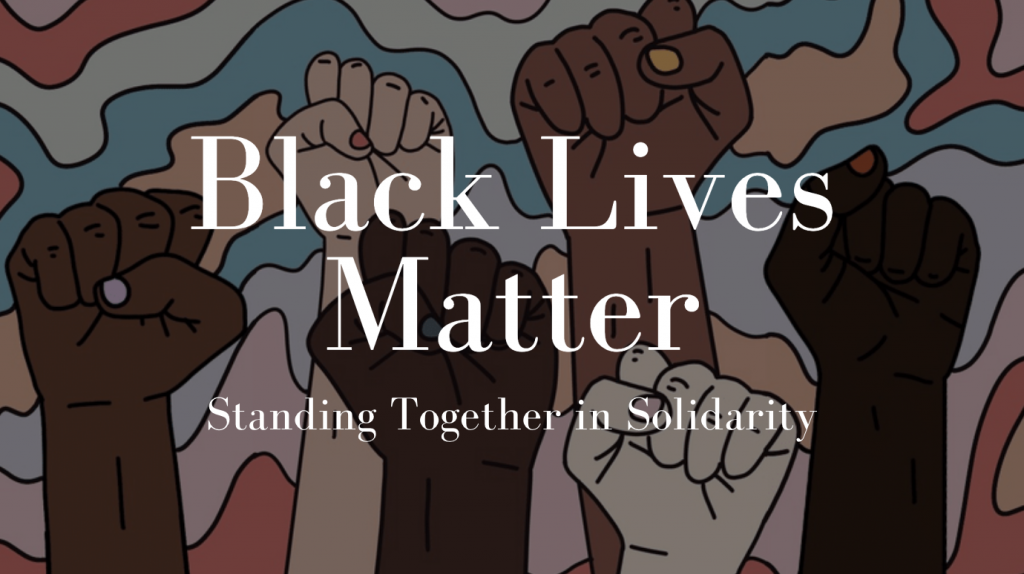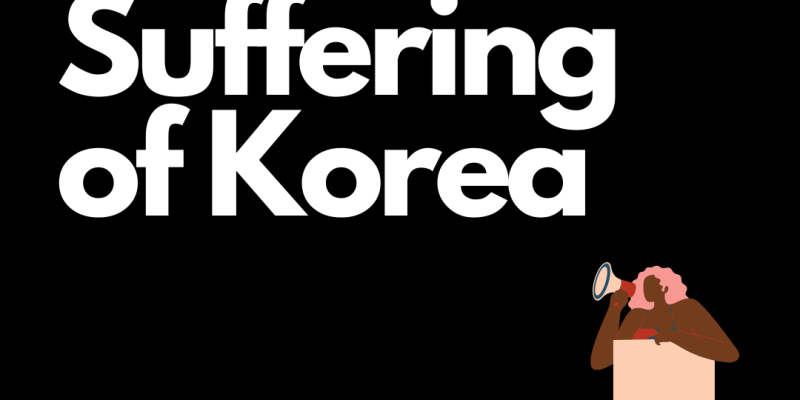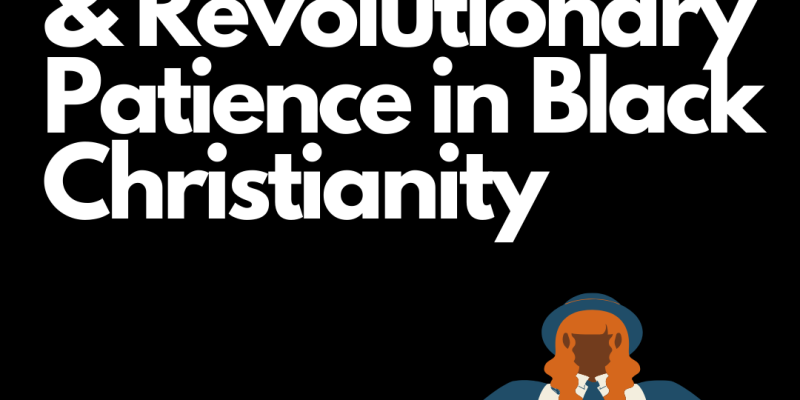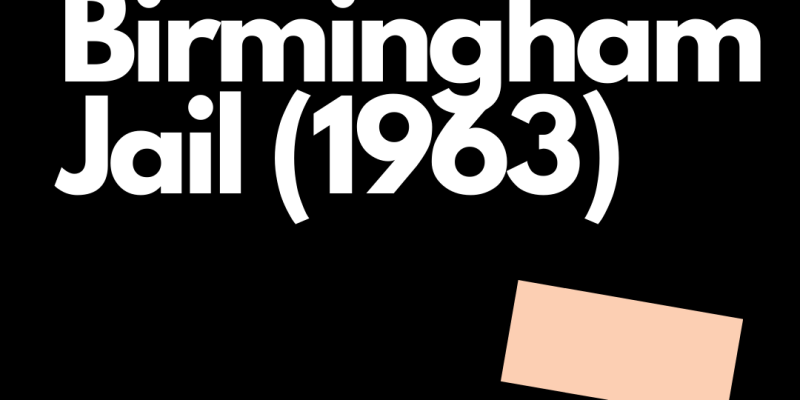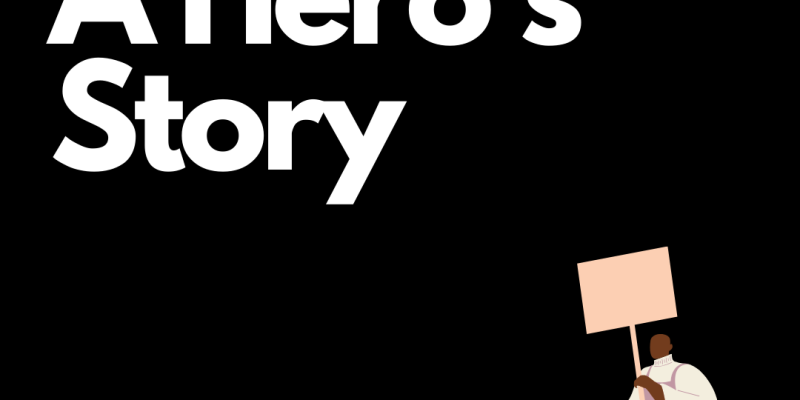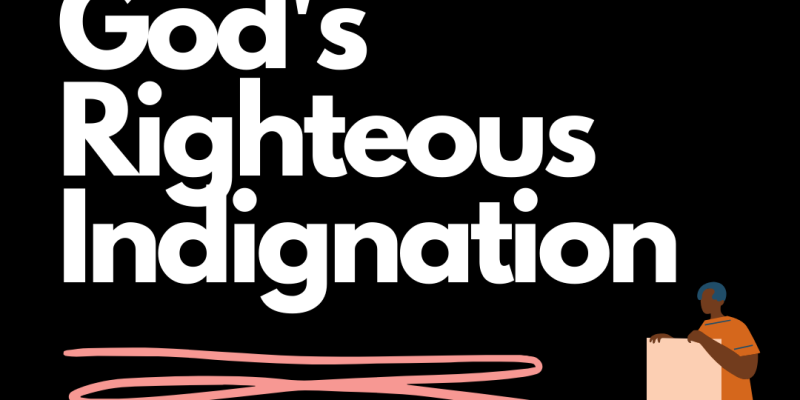It has taken me a painstakingly long time to write this, but it has laid too heavy on my heart not to share, so here goes. Last year, my team and I witnessed a white manager (WM) repeatedly discriminate against our former Black manager (BM): speaking ill of her; excluding her from key meetings; […]
The Suffering of Korea
The summer interns have reflected on “The Suffering of Korea”. This reading provided background knowledge on the history of suffering that Koreans have endured, and also went into depth on how Christianity grew in South Korea after the Korean war.
Subversive Joy and Revolutionary Patience in Black Christianity
The summer interns have reflected on “Subversive Joy and Revolutionary Patience in Black Christianity,” a chapter from a book written by Cornel West. The chapter depicts the faithful perseverance of the Afro-American community, and their ability to find joy in life, despite their suffering.
Letter from Birmingham Jail (1963)
The summer interns reflect upon Martin Luther King Jr.’s ‘Letter from Birmingham Jail (1963)’, which was written by King, from prison, after he was arrested for leading a demonstration against racism and segregation in Birmingham, AL. The letter has become a central text in the American Civil Rights Movement.
A Hero’s Story
Mena Johnstone shared her experiences in her reflection, ‘A Hero’s Story’, in the hopes of contributing positive change to black lives and society.
My Anger, God’s Righteous Indignation
The summer interns reflect upon “My Anger, God’s Righteous Indignation”, which is a podcast by Willie Jennings in response to the death of George Floyd.
